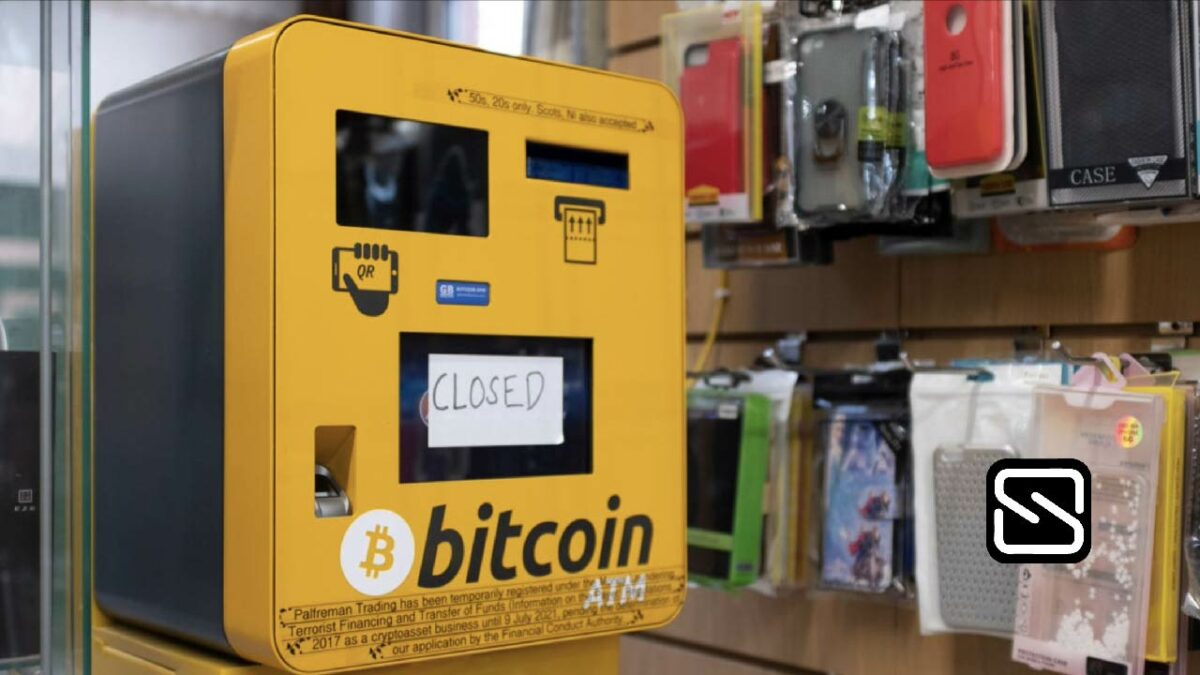According to a statement made yesterday by the UK’s Financial Conduct Authority (FCA), crypto ATM operators have been advised to take down their machines or risk enforcement action. The FCA also stated that bitcoin ATMs that provide crypto exchange services must register with the agency and adhere to the UK’s Money Laundering Regulations.
“None of the crypto asset firms registered with us have been approved to offer crypto ATM services, meaning that any of them operating in the UK are doing so illegally and consumers should not be using them,” the FCA said.
“We are concerned about crypto ATM machines operating in the UK and will therefore be contacting the operators instructing that the machines be shut down or face further action,” the regulator added.
There are presently 81 bitcoin ATMs in the United Kingdom, according to Coin ATM Radar, a service that records cryptocurrency ATMs throughout the world. London has more than 50 bitcoin ATMs, with Birmingham coming in second with nine.
On a global scale, the United Kingdom just misses out on a spot in the top ten countries with the most cryptocurrency ATMs, trailing Romania by 124.
With over 32,000 active ATMs in place today, the United States is by far the world’s leader in cryptocurrency ATMs. The FCA’s latest warning on bitcoin ATMs is the latest in a string of anti-crypto crackdowns.
The FCA produced a list of five concerns that customers should be aware of when dealing with cryptocurrencies in January of last year, including consumer protection, price volatility, and deceptive marketing material.
The FCA added that “if consumers invest in these types of products, they should be prepared to lose all their money.”
This warning was reinforced by FCA CEO Nikil Rathi in September 2021. The FCA is also concerned about a number of companies in the cryptocurrency industry, including Binance, the world’s largest exchange.
The regulator previously stated that Binance’s apparent lack of a headquarters is a “major issue,” and that Binance’s UK entity was “not capable” of being regulated after it allegedly failed to disclose basic information to the regulator in September last year.
